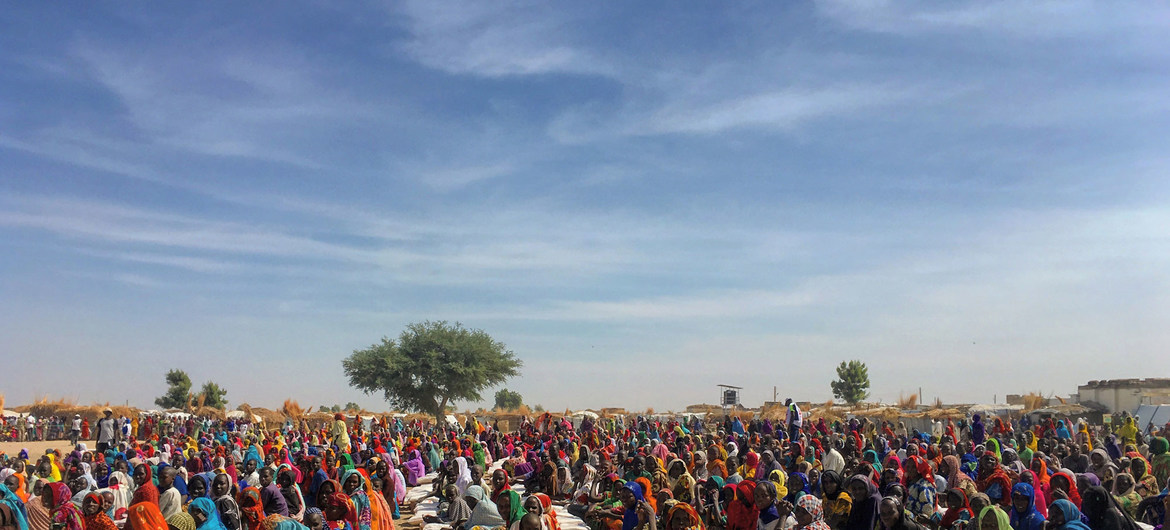
“There is still a big humanitarian crisis (in the Lake Chad region). [It is] not over despite the progress we have made,” UN Emergency Relief Coordinator Mark Lowcock told a high-level humanitarian conference on the region Monday.
The conference, held in Berlin September 3-4, seeks to maintain the momentum from last year’s Oslo conference and increase and expand international support to some ten million people across the four countries – Nigeria, Cameroon, Chad and Niger – who remain dependent on assistance.
Last February, meeting at an UN-backed conference in Oslo, Norway, donors pledged over $650 million towards emergency assistance programs in 2017 and beyond. These resources helped achieve a significant scale-up in the humanitarian response, reaching more than six million people with assistance, and averting a famine in northeast Nigeria.
However, humanitarian needs continue to grow and so do the resources needed to respond. Of the $1.58 billion required for 2018, only about $600 million (38 per cent) has been received (as of 25 July).
“The appeal we had on the humanitarian response plan this year has been generously financed but not to the degree where any of us can be comfortable that we can meet the needs of the people we can reach, still less of those we are still trying to reach,” added Mr. Lowcock, urging additional funding and resources.
At the same time relief workers face severe challenges reaching the worst affected due to Boko Haram violence, according to the UN Office for the Coordination of Humanitarian Affairs (OCHA).
Alongside life-saving humanitarian response, addressing the underlying cause is vital to ensure lasting solution to the crisis, highlighted the UN relief chief, noting the need to scale up longer-term resilience and development assistance as well as promoting stabilization.
“If we can make more progress with peace building, good governance, the creation of jobs and education opportunities – and the respect of human rights – we work indeed with the underlying issues and this is what we need to do,” he said.
The Berlin conference is organized by OCHA and the UN Development Program (UNDP) together with the Governments of Germany, Nigeria and Norway.
It is expected to reinforce an approach combining the response to immediate humanitarian needs with addressing the root causes of the crisis in a way that leads to sustainable, resilient development.
